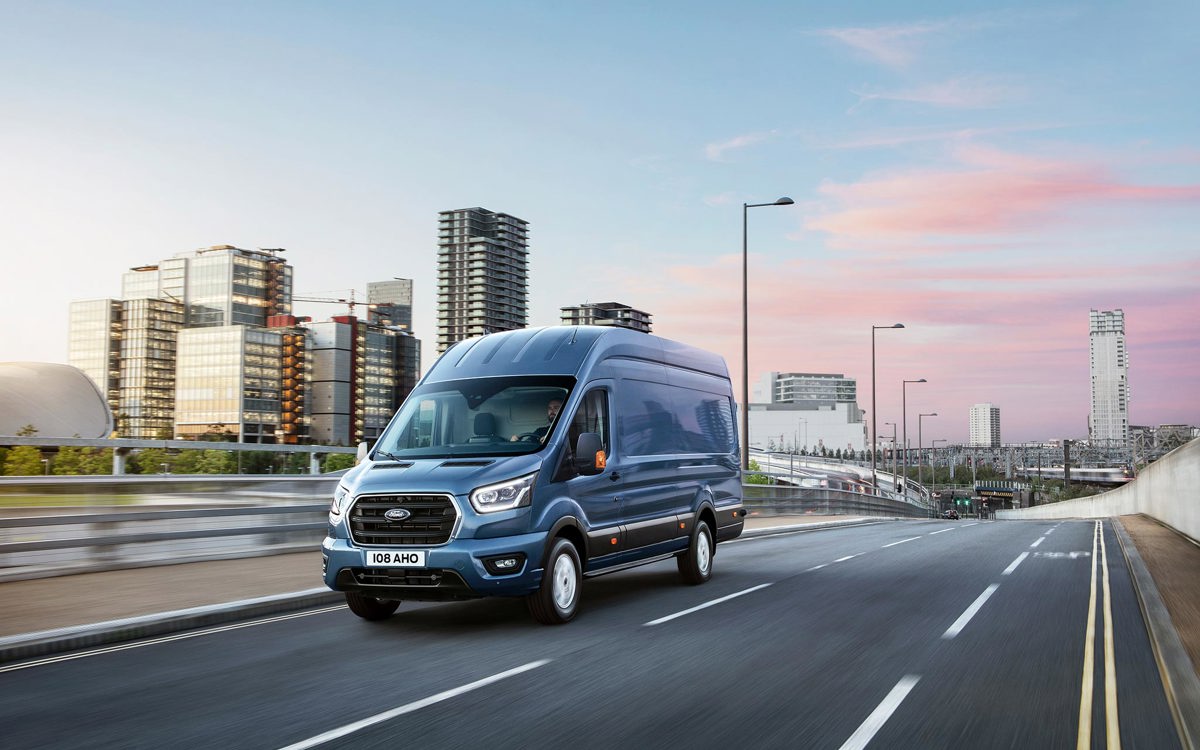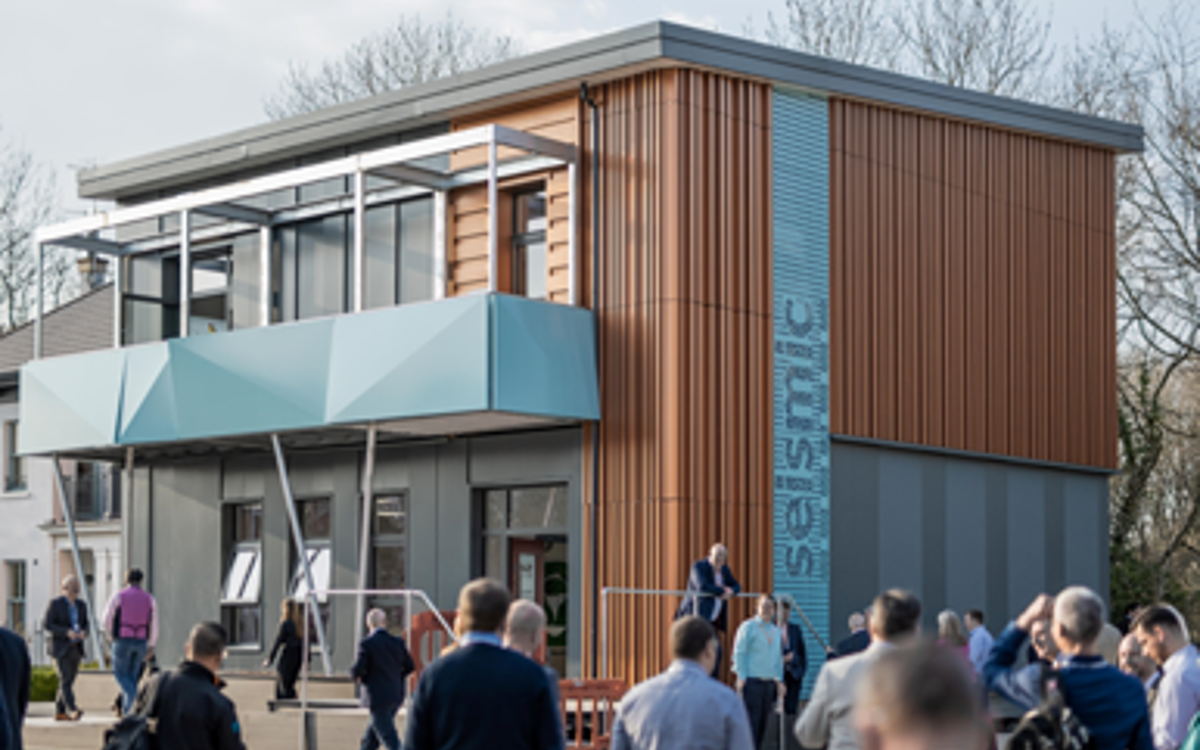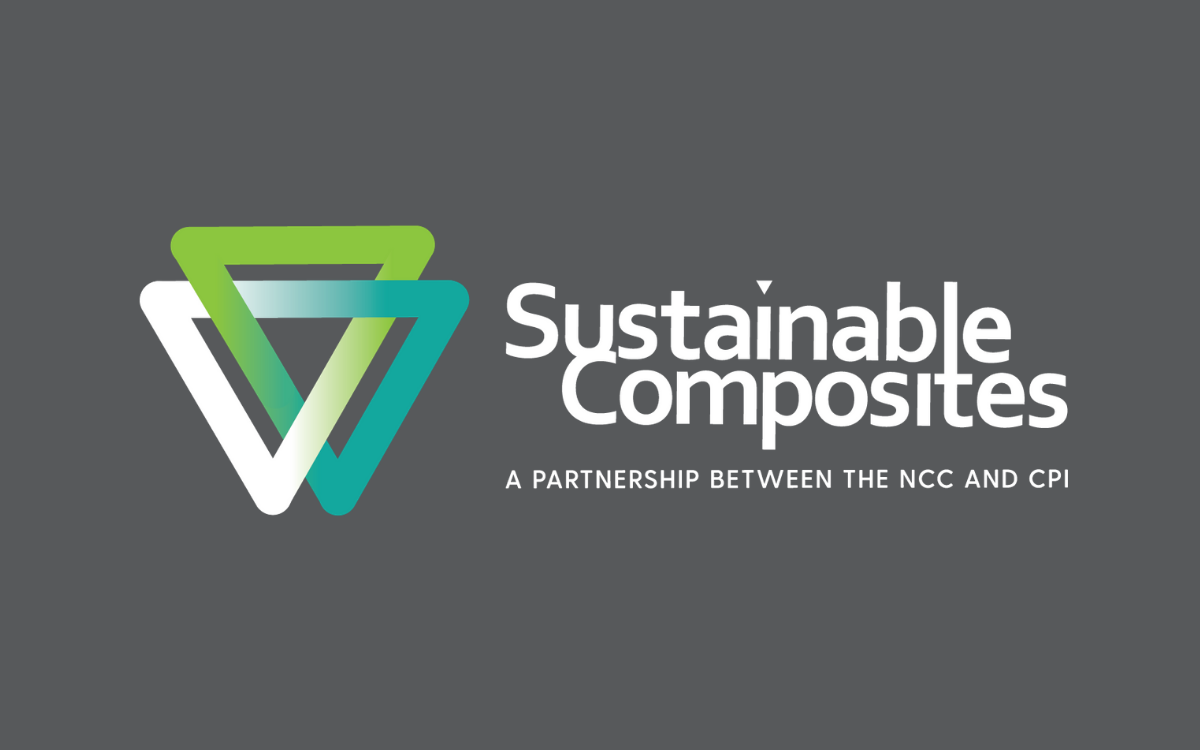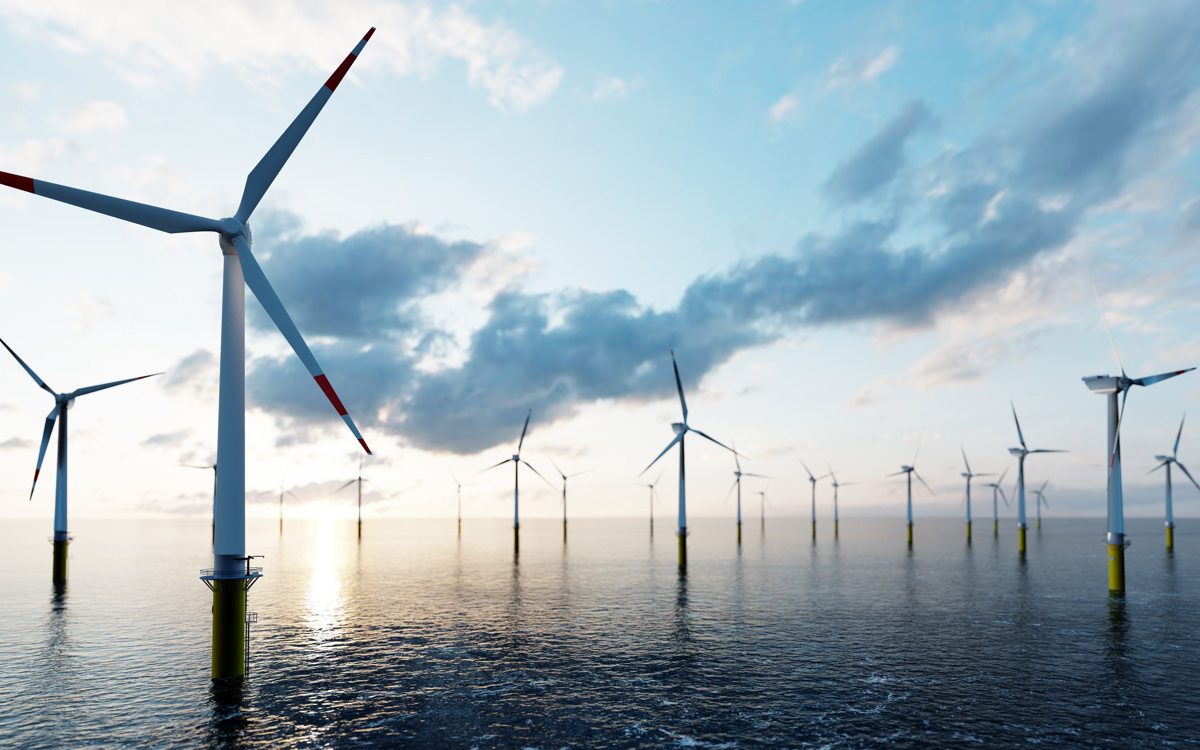
Net Zero Week 2022
The National Composites Centre is celebrating Net Zero Week™ 2022, an annual awareness campaign involving UK Government, UK Research & Innovation, EDF, Smart Energy and many other high-profile partners. Reaching net zero will require many new measures, innovative solutions, government policies and plenty of human effort.
Composites play a critical role in the UK’s journey to net zero by 2030 - from lightweighting vehicles and aircraft to reduce emissions, adding strength and flexibility to super-turbine blade design, to increasing product lifespans by decades through corrosion resistance and durability. Sustainability is central to everything we do at the National Composites Centre.

Net zero emission aviation: Impossible leap or achievable steps?
Climate change presents the greatest incentive to innovate in human history. Every aspect of our lives needs to be decarbonised – including transport. The NCC's Head of Aerospace Paul Clark discusses the challenges ahead in tackling global emissions for the aviation industry - and the commitment from the engineering community to deliver the solutions.

Can we achieve a functioning circular economy for wind AND meet net zero 2050?
The wind industry is aiming for Net Zero in 2050. The UK alone is targeting 50 GW of offshore wind by 2030, from ~10 GW today which will require a huge increase in resource usage. Jonathan Fuller, Research Engineer for Energy at the NCC explores where circularity fits into the drive for emissions reduction and increased installed capacity.

More news and case studies
The CHASSIS project set out to investigate and test hybrid composite solutions for the iconic Ford Transit using metal, carbon fibre and glass fibre, assessing them for weight saving, reduced CO2 emissions and performance benefits.

A UK-first wild water kayak, made from sustainable composite materials, has been designed and manufactured by a team of 19 graduates, apprentices, and year-in-industry students from the NCC.

The Seismic II platform, which delivered a building that is 75% faster to complete, 70% lower in carbon impact and 47% better value than traditional construction, has been shortlisted for another award: the Offsite Construction Awards in the Product Innovation and Offsite Pioneer categories.

We're supporting a new consortium that has been formed to address the growing challenge of decarbonisation and recycling of composite materials in the marine industry and beyond, with a long-term aim of creating the UK’s first glass fibre composites recycling and re-use facility of its kind.

Digital Catapult has partnered with the NCC to drive innovation in the design and manufacturing of composites using Internet of Things (IoT) solutions, developing software that uses cutting-edge technology to calculate carbon footprint more accurately.

The NCC has identified alternative bio-based feedstock resins with the potential to enable more sustainable manufacture of wind turbine blades.

Cecence, in collaboration with the NCC and Gen 2 Carbon, have developed an airplane seatback that could reduce CO2 emissions by over 320 tonnes during the aircraft’s service life, paving the way for more environmentally friendly air travel.

Enhancing your knowledge and skills in sustainable composite materials
The NCC offers world-leading composites training, designed to re-skill and upskill teams and individuals across every sector to build composites capabilities in a range of disciplines.
Our Introduction to Sustainability in Composites course provides an introduction to how businesses can start thinking differently about their operation, products and production processes in order to meet new legislation and support the drive for change.







